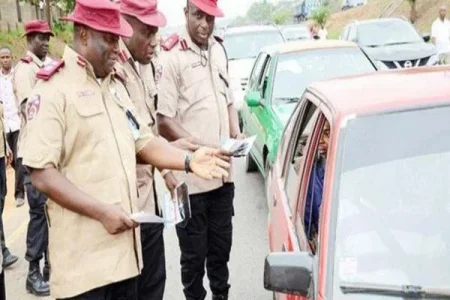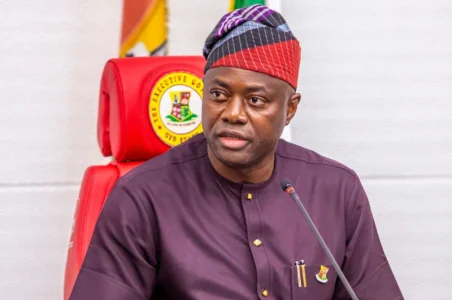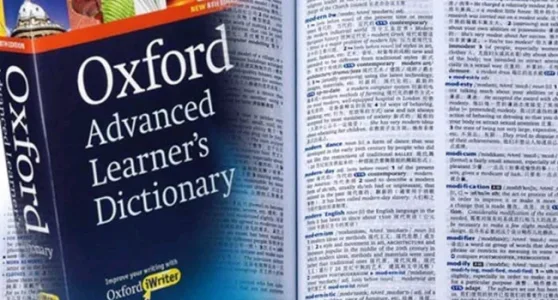
Starting November 1, 2024, Nigerians will face increased fees for national driver’s licenses and vehicle number plates. The Joint Tax Board’s new rates aim to enhance quality and security, but public reactions indicate widespread frustration over rising costs for essential services amid challenging economic conditions.
Starting November 1, 2024, Nigerians will experience increased fees for national driver’s licenses and vehicle number plates, following a decision by the Joint Tax Board (JTB). The new rates are part of an initiative to enhance the quality and security features of these identification items, aligning them with international standards.
Under the revised fees, a three-year motor vehicle driver’s license will cost N15,000, while a five-year license will be priced at N21,000. Motorcycle and tricycle operators will also see their fees rise, with the three-year license set at N7,000 and the five-year option at N11,000. For vehicle number plates, the minimum fee will be N30,000 for both standard private and commercial plates. Special or “fancy” number plates will be significantly more expensive, costing N400,000, while motorcycle plates will now be N12,000.
Reactions from Nigerians have been overwhelmingly negative, with many taking to social media to voice their frustrations. Comments highlight a sense of disbelief over the continuous increase in costs for essential services. One user quipped, “To breathe now sef go Dey cost extra charges,” reflecting the sentiment that everyday expenses are becoming unaffordable. Another remarked, “Next year pure water will be 100 naira and bottled water 300,” illustrating concerns about rising living costs across the board.
Despite the government’s justification of improved security and quality, many citizens feel burdened by the increasing financial demands. The proposed changes have sparked discussions about the overall economic climate in Nigeria, raising questions about affordability and the impact on daily life for ordinary Nigerians.




